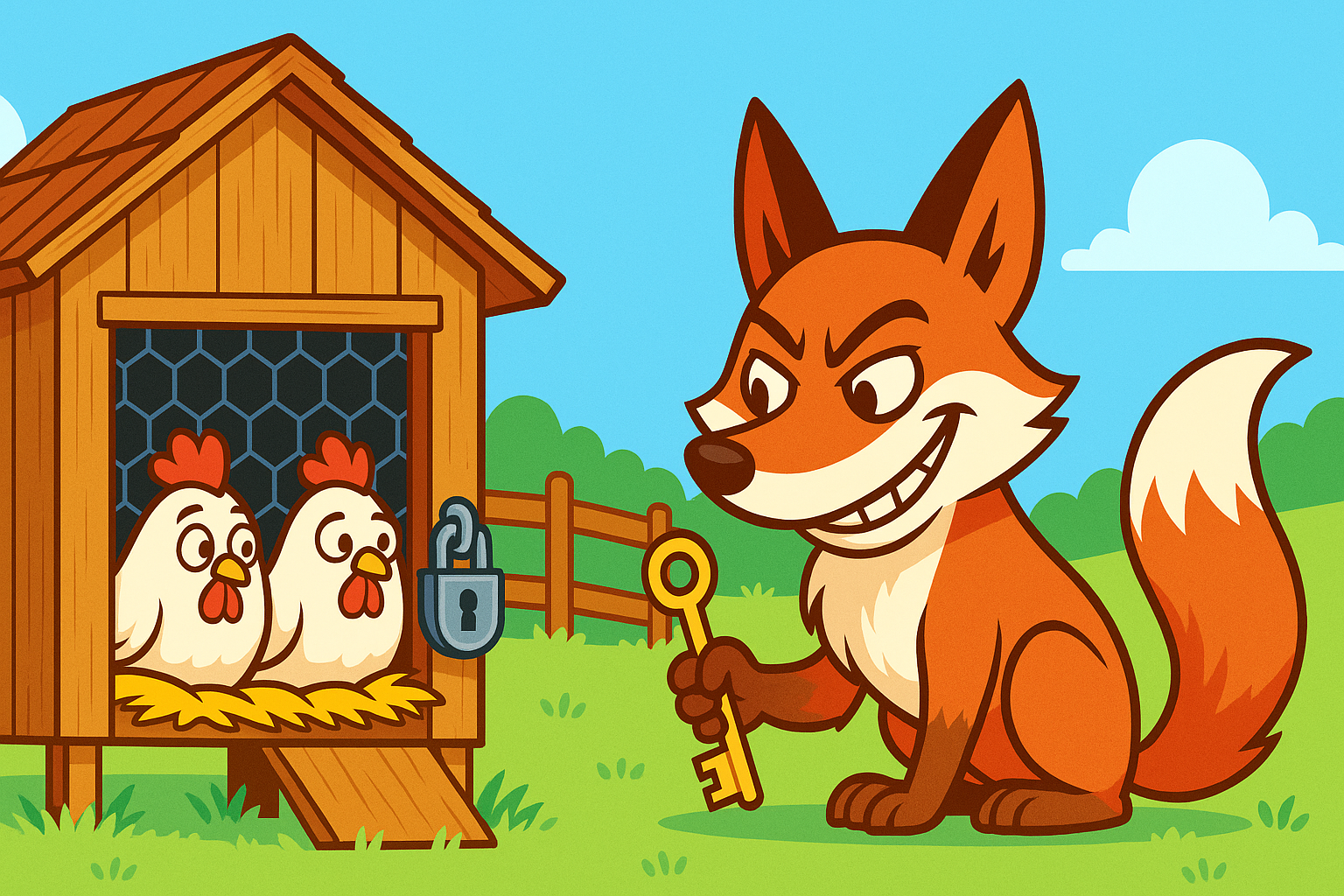The Pet Food Institute (PFI) is the lobbying and trade organization representing major pet-food manufacturers and suppliers. It has proposed federal legislation called the PURR Act (“Pet Uniform Regulatory Reform”). Cute, right? But the implications are dire for the future of pet food.
PFI is framing the PURR Act as “modernization” that will streamline regulations, improve labeling, and create better options for pet parents. In reality, the bill would take virtually all regulatory authority away from states and give it to the pet food industry itself. In other words, the fox wants the federal government to allow it to build, staff, and monitor the henhouse.
What the PURR Act Would Do
PFI promotes the PURR act as a good thing for consumers and pets, but it would in effect:
- block state regulation of pet food
- reduce the role of AAFCO’s model definitions and standards
- give manufacturers free rein with ingredient definitions, claims, and labeling, regardless of safety considerations
- shift all responsibility to the FDA, which would effectively end all inspections, testing, and enforcement — FDA doesn’t have the personel or resources to do it
In short: it would debilitate state-level scrutiny, hamstring independent oversight, and give power to the industry that profits from these products.
PFI insists this will make labeling clearer and reduce “regulatory burden.” But what this will actually mean is:
- fewer checks on ingredient quality
- broader, vaguer ingredient definitions
- weaker labeling standards
- less enforcement at the consumer level
- minimal accountability when problems occur
This is, honestly, a giant disaster-in-waiting.
AAFCO’s Response: “Major Red Flags”
Association of American Feed Control Officials (AAFCO) is the organization that develops nutritional standards, ingredient definitions, labeling requirements and enforcement rules used by most states, is strongly against the PURR Act.
In its public statement, AAFCO warns that the bill would:
- remove long-standing, science-based standards for pet-food ingredients
- disrupt (virtually eliminate) state-level enforcement, which currently handles the vast majority of inspections
- create regulatory gaps that FDA is not staffed or funded to fill
- undermine decades of collaborative work among regulators, nutritionists, and consumer advocates
AAFCO calls the PURR Act dangerous, misleading, and a direct threat to pet-food safety. I completely agree.
The truth is that the pet food industry is tired of the tedious, time-consuming process currently in place. You know, that process that requires rigorous testing and proof of safety before an ingredient is allowed into your pet’s bowl. They want to jump on consumer trends and add cool, new, but unproven ingredients to pet food and treats without all that bother.
Why This Matters
The pet-food industry already enjoys remarkable flexibility:
- Minimal actual regulation. The industry loves to claim it is highly regulated, but almost all of it is post-production, like the rules about labeling. What goes into pet food, and how it’s sourced and processed, is very loosely governed.
- Legal inclusion of 4D meats (dead, dying, diseased, disabled) in many products, as long as there’s a kill step to inactivate the bacteria, regardless of the biotoxins released when they die
- Broad and largely outdated ingredient definitions that don’t reference quality at all
- Reliance on computer formulation and internal testing rather than independent, third-party labs
And despite this, the industry is pushing for even more self-governance, with fewer obstacles and far less oversight.
Current Status
The PURR Act, was first introduced in 2024, but no action was taken. It was re-introduced in the House (HR 597) was introduced in January 2025. It was referred to the House Committee on Energy and Commerce. No further action has been taken. Given the few legislative days left in the year, it will likely die again. But it will be back in January.
State regulators AAFCO continue to voice strong opposition, citing concerns over loss of state oversight and reduced consumer protections. But these folks don’t have money and power. The pet food industry does.
Industry groups such as the Pet Food Institute (PFI) are firmly in support, promoting it as a modernization of pet-food regulation. The big, big money is backing this bill.
Don’t Give the Fox the Keys!
The PURR Act wouldn’t “modernize” pet-food regulation. It destroys it, and allows the pet-food industry to set essentially make its own rules.
For an industry with a long history of recalls, contamination issues, and aggressive lobbying to preserve the status quo, self-regulation is an extremely bad idea.
It’s important for district residents to express their opposition, but every voter needs to let their House member know that this is unacceptable to consumers and dangerous for the beloved animals under their care.
PURR Act (HR 597) — Sponsor & Co-Sponsors
| Name | Party | State &
District |
Official Website / Contact |
| Steve Womack (Sponsor) | R | AR-3 | https://womack.house.gov |
| David G. Valadao | R | CA-22 | https://valadao.house.gov |
| Adrian Smith | R | NE-3 | https://adriansmith.house.gov |
| Josh Harder | D | CA-9 | https://harder.house.gov |
| Derek Schmidt | R | KS-2 | https://schmidt.house.gov |
| Rudy Yakym | R | IN-2 | https://yakym.house.gov |
| Jake Ellzey | R | TX-6 | https://ellzey.house.gov |
| Ann Wagner | R | MO-2 | https://wagner.house.gov |
| Tracey Mann | R | KS-1 | https://mann.house.gov |
| Ron Estes | R | KS-4 | https://estes.house.gov |
| Mark E. Amodei | R | NV-2 | https://amodei.house.gov |
| Mark Alford | R | MO-4 | https://alford.house.gov |
| Robert B. Aderholt | R | AL-4 | https://aderholt.house.gov |
I’ll be watching this closely, and will keep you updated through our newsletter (subscribe for free here!).


